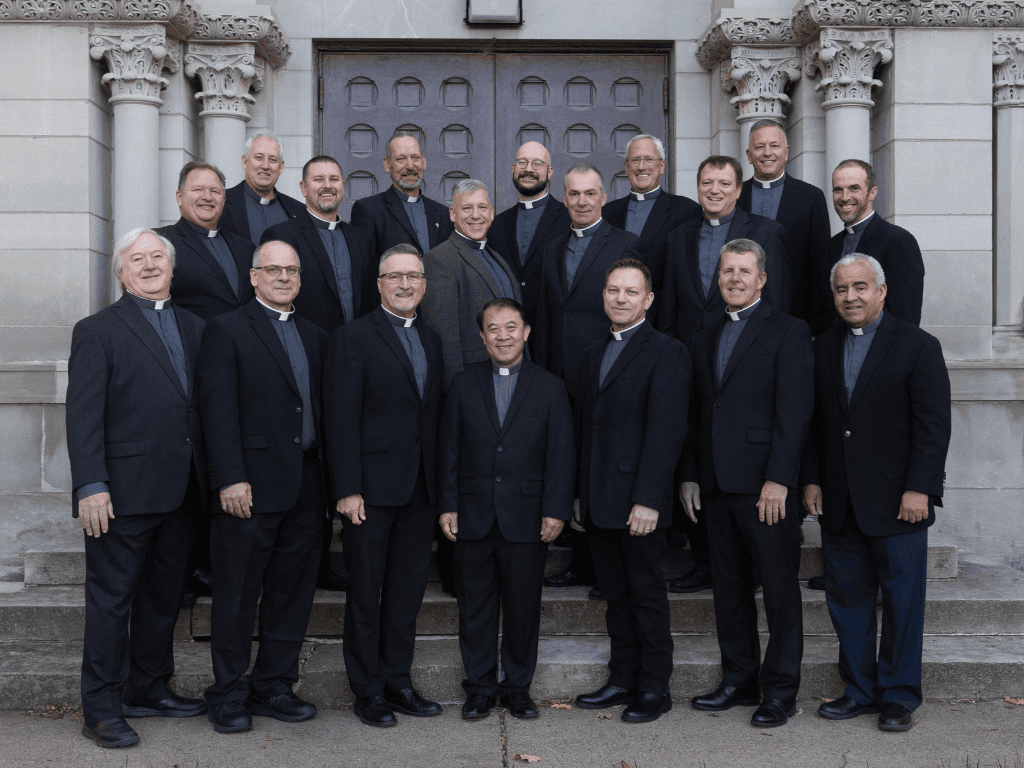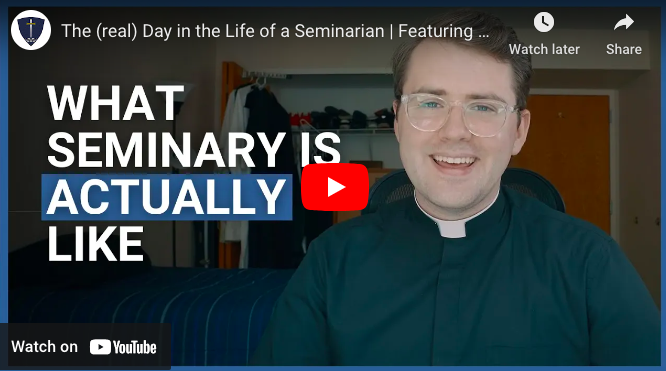Two legal scholars, one a Muslim and the other a Catholic, will discuss anti-Sharia laws at the next “Hot Topics: Cool Talk” forum, which will be held 7:30 p.m. Tuesday, Oct. 23, in the O’Shaughnessy Educational Center auditorium on the St. Paul campus of the University of St. Thomas.
Free and open to the public, the forum is co-sponsored by the St. Thomas Muslim-Christian Dialogue Center and the Murphy Institute for Catholic Thought, Law and Public Policy.
The Hot Topics: Cool Talk series, which explores Catholic positions and other perspectives on provocative issues of law and policy, focuses this year on the challenges of religious freedom in the United States and around the world.
Speaking at this fall’s second forum, titled “The Dangers of Anti-Sharia Laws: Muslim and Catholic Perspectives,” will be Abdulwahid Qalinle, a native of Somalia and adjunct associate professor of law at the University of Minnesota Law School, and Robert Vischer, professor and associate dean for academic affairs at St. Thomas’ School of Law.
Qalinle holds a master’s degree in Islamic, or Shariah, law, and law degrees from both the International Islamic University in Pakistan and the University of Minnesota Law School, where he directs the Islamic Law and Human Rights Program. Vischer graduated from Harvard Law School, where he was an editor of the Harvard Law Review. He is the author of two books and many journal articles that explore the intersection of law, religion and public policy.
The title for the Oct. 23 forum comes from Vischer’s article, “The Dangers of Anti-Sharia Laws,” published in First Things, the journal of The Institute on Religion and Public Life.
In the article, Vischer explains that Shariah means “the way to the watering place.” It refers to the correct way of practicing religion and rules that govern the lives of Muslims, including conduct between spouses, behavior at funerals and even etiquette.
“Though popular with secularists and religious conservatives, anti-Sharia legislation does not defend against theocracy but calls into question our society’s fundamental commitments to meaningful religious liberty and meaningful access to the courts,” Vischer wrote. “These commitments have been relied on by generations of Protestants, Catholics, Mormons, and Jews, and to try to remove them for Muslims both is unjust to Muslims and sets a dangerous precedent for other religious groups.”
Later in the article, Vischer writes: “Anti-Sharia legislation proposes an unconstitutional double standard. Canon law and biblical principles are not dirty words in the American court system, and Sharia should not be either.”
In an August 2011 Star Tribune article on “The Muslim Experience in Minnesota,” Qalinle said that bills submitted in some state legislatures to prohibit the use of Sharia “are quite pointless because there is no such thing as Shariah creeping into the legal system. … I think it is being motivated by a sheer confusion and misunderstanding of Muslims and Islam and Shariah.”
Qalinle, who immigrated to the United States 12 years ago, said the U.S. Constitution “is the law that I chose to live under, and so are all the Muslims who are here.”
Information about the Hot Topics: Cool Talk series is available at this website.
The Minnesota Board of Legal Education has approved the Oct. 23 program for one “elimination of bias” continuing-legal-education credit.








